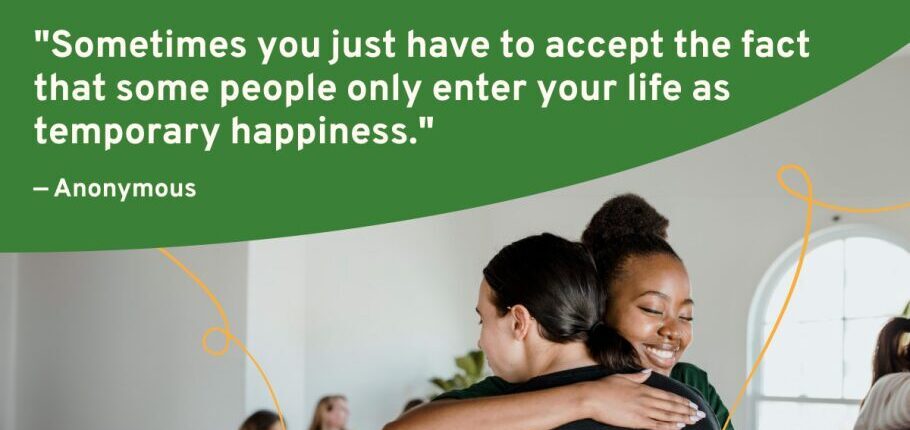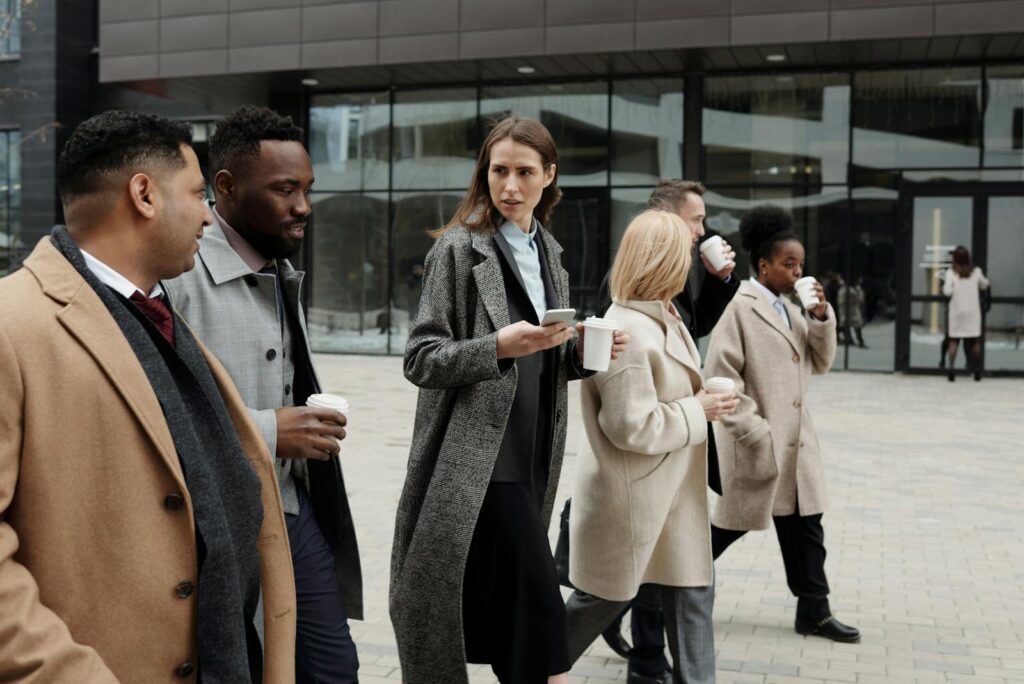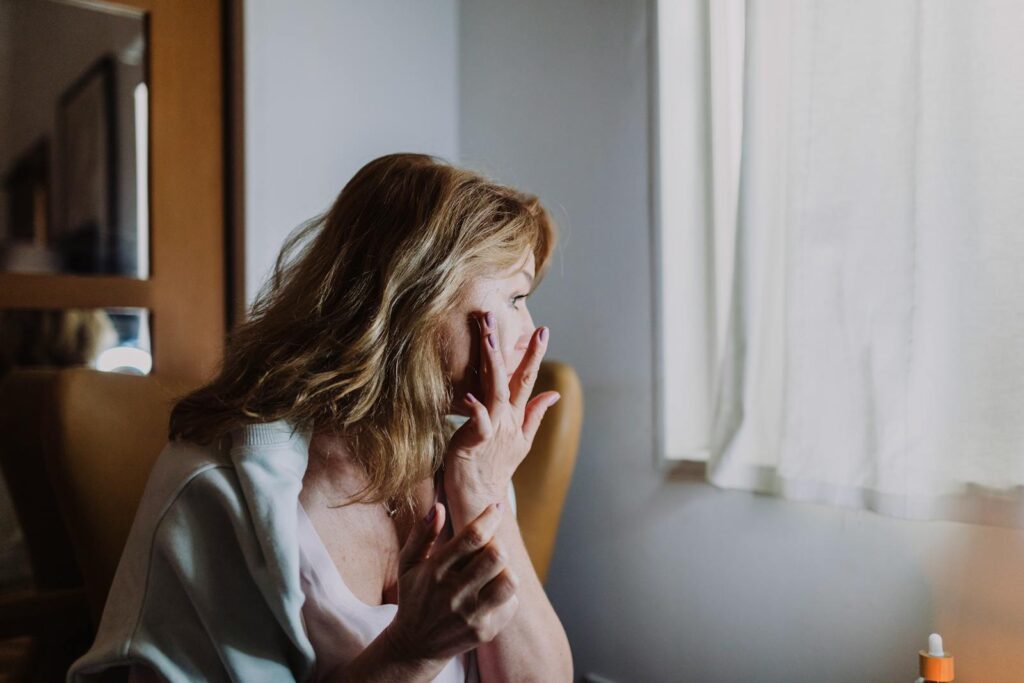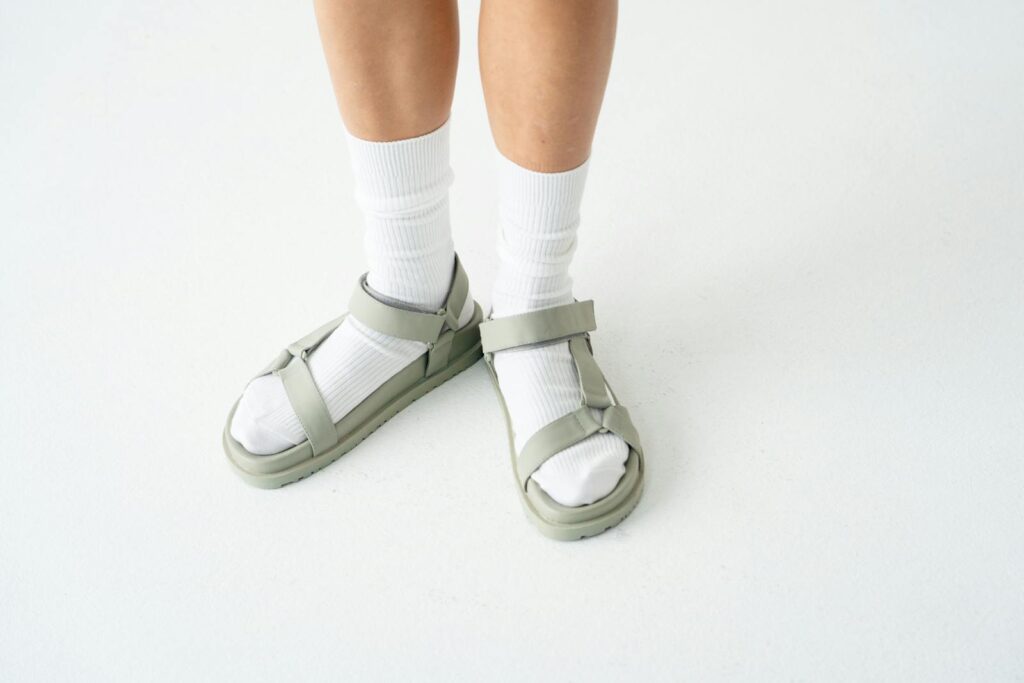Have you ever found yourself in a situation where a once vibrant friendship has come to an unexpected end, and yet, you feel surprisingly okay about it? It’s a puzzling scenario that many of us encounter, and it begs the question: Is it normal to not feel a thing after a friendship breakup? Let’s dive into the intricate dynamics of friendship, its potential dissolution, and the myriad of feelings that can, or sometimes can’t, accompany such a breakup.
Friendships are the bedrock of our social lives, offering support, joy, and a sense of belonging. They are the chosen family we laugh with, cry with, and share countless memories with. However, just like any relationship, friendships can end. The term ‘breakup’ often conjures images of romantic relationships falling apart, but friendship breakups are a reality too, and they can be just as, if not more, painful.
The end of a seven-year-long friendship can be bewildering, especially if it concludes with a reason as introspective as one party deciding to ‘work on themselves.’ It can leave you questioning the validity of the reasons, and even your capacity to feel. The lack of emotional response might seem unusual, but it’s far from abnormal. Each person processes emotions differently, and sometimes, the absence of pain is part of our psyche’s way of telling us we’re ready for new beginnings, or perhaps, that the friendship served its purpose in our journey.
Understanding the pain of a friendship breakup requires acknowledging the depth and significance these relationships hold in our lives. Unlike romantic relationships, where inconsistencies or incompatibilities might be more readily apparent, friendships often feel steadier, making the end of such bonds particularly jarring. The reasons for friendship breakups are numerous—from growing apart, trust violations, life transitions, to conflicting values. Each reason carries its weight, and the impact of the breakup can vary significantly from one individual to another.
The impact of a friendship breakup can be profound, affecting our self-esteem, our subsequent relationships, and our overall emotional well-being. It’s a loss that can leave a void, challenging our ability to form new connections. But it’s also an opportunity for growth, self-reflection, and eventually, healing. The journey through the stages of grief following a friendship breakup—denial, anger, bargaining, depression, and acceptance—is a path toward understanding and coming to terms with the end of a significant chapter in our lives.

The question of whether friendship breakups are ‘worse’ than romantic breakups is subjective. The intensity of the hurt depends on the depth of the connection, the length of the relationship, and our emotional investment in it. Just as romantic breakups can cause heartbreak, so too can the dissolution of a platonic bond. These are not just friendships; they are profound connections that shape our identity and our understanding of the world.
Navigating the aftermath of a friendship breakup is a personal journey that involves introspection, support from other loved ones, self-care, and a commitment to personal growth. It’s a process that encourages us to understand our emotions, establish boundaries, and focus on what makes us feel fulfilled and happy. It’s also a time to reflect on what we value in friendships and how we can foster healthier, more meaningful connections moving forward.
What about the possibility of rekindling a friendship after a breakup? While it’s challenging, it’s not impossible. It requires a foundation of rebuilt trust, open communication, and a mutual desire to address and move beyond past issues. Forgiveness and accountability play crucial roles in this process, serving as the cornerstones of a renewed, matured bond.
Is it normal to feel nothing after a friendship ends? Yes, it can be. Our emotional responses are as unique as our personalities, and sometimes, the lack of pain is an indication that we’re more resilient than we realized, or that our emotional energies are focused elsewhere. It’s important to remember that the end of one friendship isn’t the end of all future connections. Life is a tapestry of relationships, each teaching us something valuable about ourselves and the world around us.
The dissolution of a friendship, especially one that has lasted years, is a complex and deeply personal experience. Whether we find ourselves engulfed in grief or surprisingly unphased, the important thing is to acknowledge our feelings, understand the reasons behind the breakup, and use the experience as a stepping stone for personal development and future relationships. The end of a friendship isn’t the closure of our ability to connect, but rather an invitation to explore new horizons of companionship and self-discovery.
Related posts:
The Friendship Breakup
What to Do When Your Child Is ‘Dumped’ by a Friend
5 ways to cope with the end of a friendship : Life Kit : NPR





